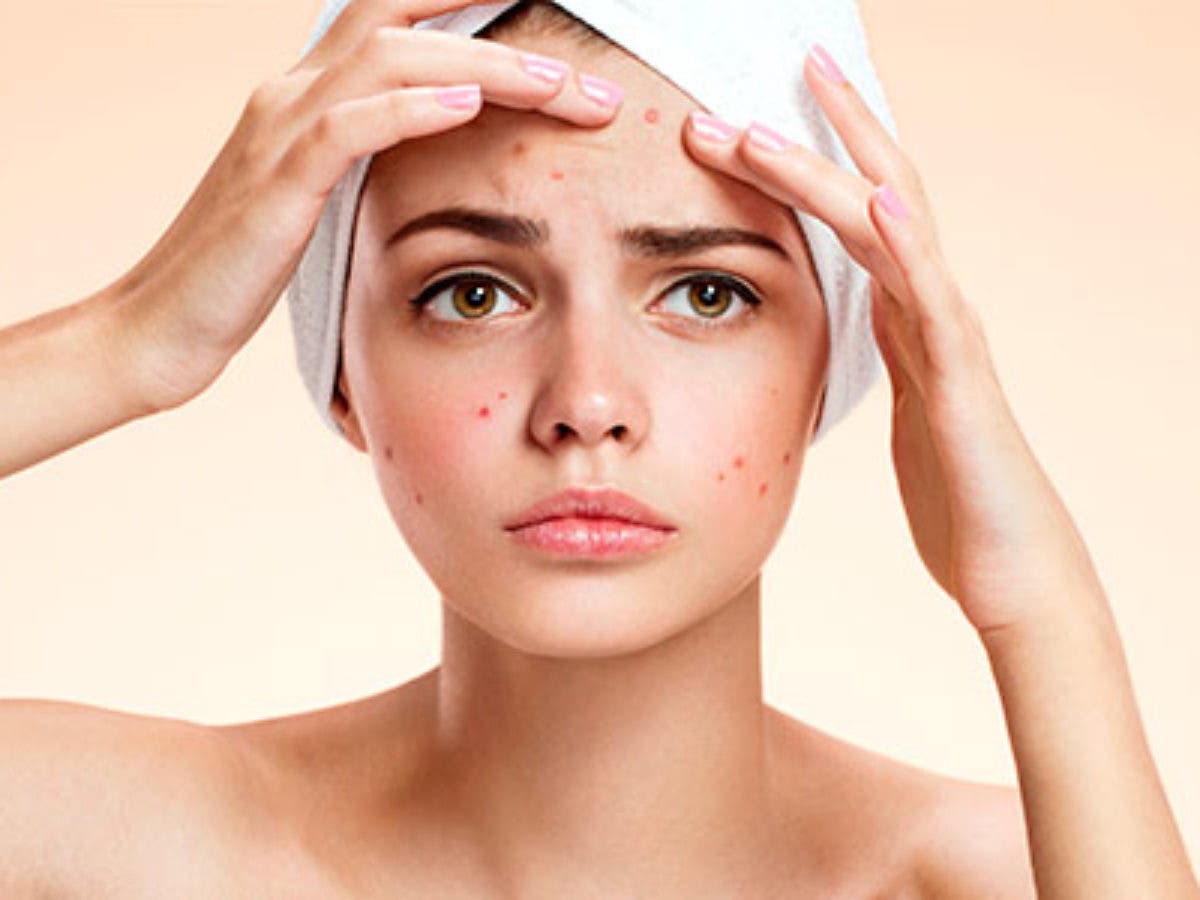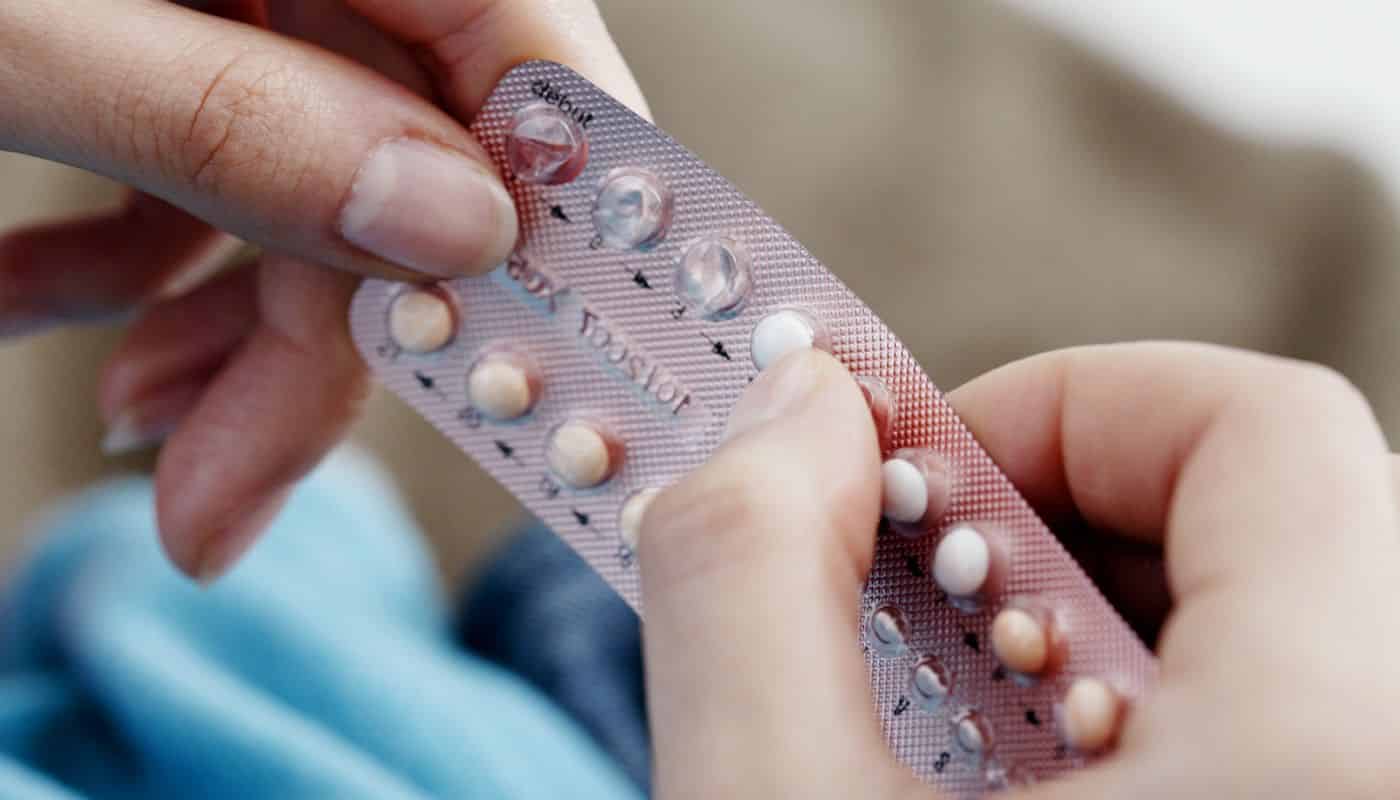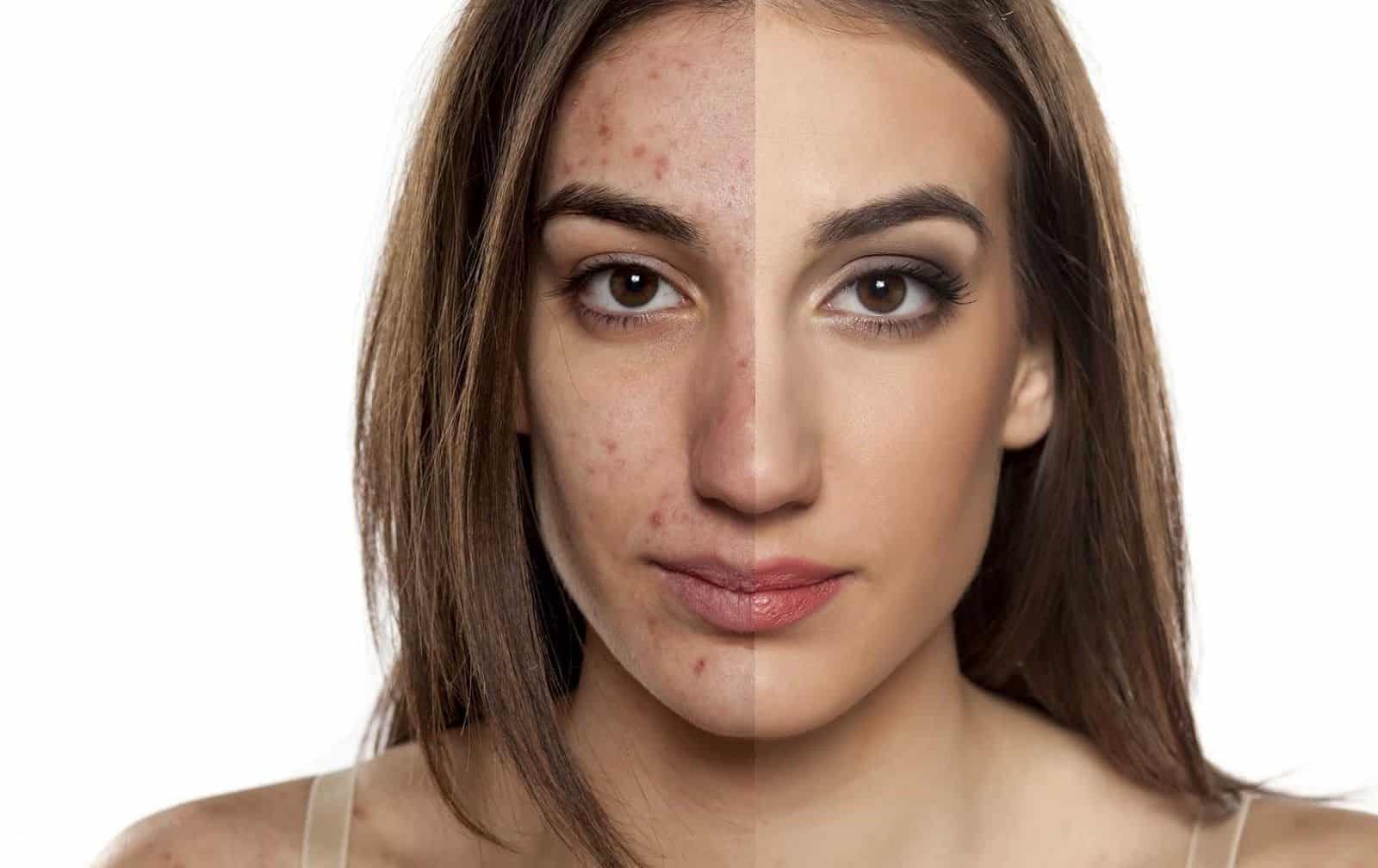Hormonal pimples are caused by fluctuations in hormones at certain stages of life, but it is possible to control this.
Acne is seen as a recurring problem during puberty, affecting both girls and boys. However, even after this period, in adulthood, some people continue to experience blackheads and pimples on their faces. In adolescence or adulthood, acne can be caused by several factors, such as excess oil on the skin, as well as hormonal changes, causing so-called hormonal pimples.
It is no coincidence that many women notice the appearance of pimples at a certain time of the month, in the premenstrual phase or during menstruation. In this case, the pimples have a hormonal origin, as at this stage it is common for certain hormones to increase. However, contrary to popular belief, hormonal pimples are not beyond your control.
Therefore, today we will better understand how hormonal pimples occur and tips on what to do to deal with them.
Spine formation

It is common to have the idea that hormonal pimples simply appear from one day to the next. As if you slept with your skin intact and woke up with an unwanted pimple. However, this is not how it happens, acne formation happens long before we see it.
Before becoming the pimple itself, the first acne lesion is the appearance of a blackhead. It comes from an inflammation of the skin, which occurs due to excess keratin and epithelial debris that clog the pores. Therefore, with clogged pores, the fat produced by the sebaceous glands to protect the skin becomes dry and prevented from leaving. So, to get it out, this accumulated fat forms blackheads and later pimples.
But this happens because natural fat is produced in large quantities and the body cannot simply expel it completely. So, this increase in sebum production may be caused by a genetic issue, a hormonal change, which results in so-called hormonal acne, or hormonal pimples. This is because the skin glands have hormone receptors, and are therefore more sensitive to any change of gender.
hormonal pimples

So, excessive sebum production is the main characteristic of pimple formation. This then explains why people have more acne in adolescence, or the fact that many women tend to have pimples at a certain time of the month, during PMS and menstruation. Because of hormones, since during these periods there are more hormonal fluctuations.
Consequently, hormones stimulate the development of sebocytes and the production of sebum, causing hormonal pimples. But in addition, the obstruction of pores by dead cells, which is also linked to the appearance of acne, is also linked to hormones.
As we know, hormones accelerate the growth of skin cells, consequently increasing the amount of dead cells to be eliminated. So, it is believed that hormones increase keratin levels, and in this way, prevent the separation of dead skin cells, increasing the chances of having hormonal pimples.
In practice, hormonal pimples are most common on the face, especially on the chin and jaw region. This is a problem that can be recurrent, starting at puberty and lasting until after the age of 25. Characterizing a problem that arises from time to time, due to hormonal changes.
Treatment of hormonal pimples

Acne treatment depends largely on the affected region and mainly its cause. Therefore, before trying to resort to treatment for hormonal pimples, you need to look for a dermatologist to guide you and investigate whether the cause of your problem is really a hormonal issue.
In general, a skincare routine with specific soaps, with sebum-regulating action and which reduces keratinization are recommended. As well as the use of medicines that reduce the proliferation of bacteria and unclog pores, to control inflammation. But in severe cases of hormonal acne, treatment includes medications that control hormone levels in the blood.
Around 5% of women continue to have acne until around 35 years of age, and one way to deal with the problem is through hormonal acne treatment. This type of treatment is recommended for those suffering from moderate to severe acne, and is carried out using oral contraceptives. Therefore, contraceptives should be recommended by a gynecologist or dermatologist in order to alleviate the effects of acne.
The medicine will act on the circulation of androgens, the hormones that are related to the appearance of pimples, and that act on the hair follicle and the sebaceous gland. Therefore, the contraceptive will reduce the production and action of androgens, resulting in healthier, pimple-free skin. It has been scientifically proven that the use of these medications reduces the number and severity of injuries.
Pimple skin care

To control and even prevent hormonal pimples, dermatological care or hormonal treatment alone is not enough. The relationship with food is also related to the appearance of pimples. In other words, what you eat can also show signs on your skin, and this also happens through hormones. Some studies have already linked acne to diets rich in sugar and calories, and not just chocolate, which has long been considered an important factor in the appearance of pimples.
The fact is that chocolate alone is not responsible for the appearance of pimples on the skin. Excessive consumption of sugars and carbohydrates causes the pancreas to release high levels of insulin, and over time this results in increased levels of acne-causing hormones. Therefore, consuming minimally processed foods with a low glycemic index can help avoid the problem of pimples.
Another important precaution is to never squeeze or pick at blackheads and pimples, even if the intention is to clean the skin. It can be a difficult task, but by doing this you avoid increasing inflammation and staining the skin, causing the dreaded acne scars.
Furthermore, it is also very important to keep your skin clean at all times to avoid the accumulation of oil on the skin. To do this, the ideal is to wash your face twice a day, using products specific to your skin type and that help control the acne problem.
Anyway, what did you think of this article? In fact, take the opportunity to also check out Inflamed pimple – Types, treatment and tips on how to prevent it.
Sources: DermaClub Gineco Zero Acne Clue Drauzio
Images: Zero Acne GreenMe Ferolla Associated Doctors Vix Blasting News




